What is hyaluronic acid?
Main functions of hyaluronic acid in the skin
Benefits of hyaluronic acid for the skin
Which skin types benefit from hyaluronic acid?
What is hyaluronic acid?
Hyaluronic acid is a substance naturally found in the body, primarily in the skin, but also in joints, eyes, and other tissues. It belongs to the so-called polysaccharides, long chains of sugar molecules that have a gel-like consistency. Its most important function in the body is to bind moisture and supply the tissue with water, which keeps the skin plump and elastic.
Main functions of hyaluronic acid in the skin:
Moisture retention: Hyaluronic acid can bind up to 1,000 times its own weight in water. This helps the skin retain its moisture, making it appear smoother and fuller.
Structure and elasticity: Through its ability to retain water, hyaluronic acid contributes to skin firmness and elasticity. It helps maintain skin volume, which becomes especially important with age, as skin naturally loses moisture.
Wound healing and repair: Hyaluronic acid plays a role in cell regeneration and wound healing by promoting the repair of skin tissue and having an anti-inflammatory effect.
Benefits of hyaluronic acid for the skin:
- Anti-aging: By moisturizing and increasing skin volume, it can reduce the appearance of fine lines and wrinkles and give skin a more youthful appearance.
- Soothing: It also has anti-inflammatory properties and helps soothe the skin, making it a popular choice for sensitive skin or skin prone to redness or irritation.
- Improved skin texture: Moisture retention can make the skin appear smoother and plumper.
Which skin types benefit from hyaluronic acid?
1. Dry skin
Benefits: Dry skin especially benefits from hyaluronic acid, as this ingredient is able to bind and retain large amounts of water within the skin. Hyaluronic acid helps increase the skin's moisture content, making it feel softer, plumper, and less flaky.
Effect: It provides deep hydration, making the skin smoother and less prone to dryness wrinkles.
Benefits: Hyaluronic acid is generally well-tolerated and very gentle, even on sensitive skin. It has anti-inflammatory properties and can help soothe skin and reduce redness.
Effect: Especially after skin irritations or in cases of rosacea, it can have a calming effect and regenerate the skin.
3. Mature skin
Benefits: As we age, the skin's natural hyaluronic acid content decreases, leading to dryness and the appearance of wrinkles. Hyaluronic acid in skincare products can help compensate for moisture loss and make skin appear plumper and more elastic.
Effect: It helps to reduce the appearance of fine lines and wrinkles and improve overall skin texture.
Benefits: Hyaluronic acid is non-comedogenic, meaning it won't clog pores. For acne-prone skin, it can help hydrate without encouraging breakouts.
Effect: It soothes the skin and prevents it from reacting excessively to sebum production due to excessive drying or irritation.
5. Oily skin
Benefits: Even though oily skin often produces enough moisture, it can still benefit from extra hydration, as hyaluronic acid nourishes the skin without adding oiliness. It helps maintain balance by moisturizing without making the skin oily.
Effect: The skin remains matte and not overly shiny, while at the same time moisture is retained, which makes the skin look healthier overall.
Benefits: Combination skin often has different needs, with some areas being dry and others oily. Hyaluronic acid provides moisture where it's needed without damaging the oilier areas.
Effect: It helps to stabilize the balance between dry and oily areas by moisturizing and soothing the skin in general.
In summary:
Hyaluronic acid is an extremely versatile ingredient, suitable for virtually every skin type due to its moisturizing and soothing properties, especially dry, sensitive, and mature skin. It's especially beneficial for those seeking deep hydration without overburdening the skin. For oily or acne-prone skin, it provides a hydrated but not greasy surface.



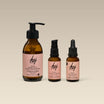

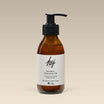

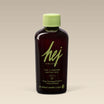
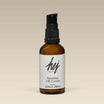
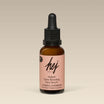
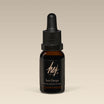


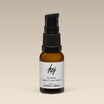
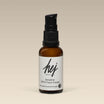
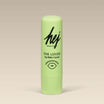


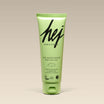
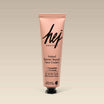
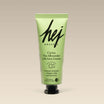
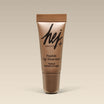
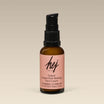
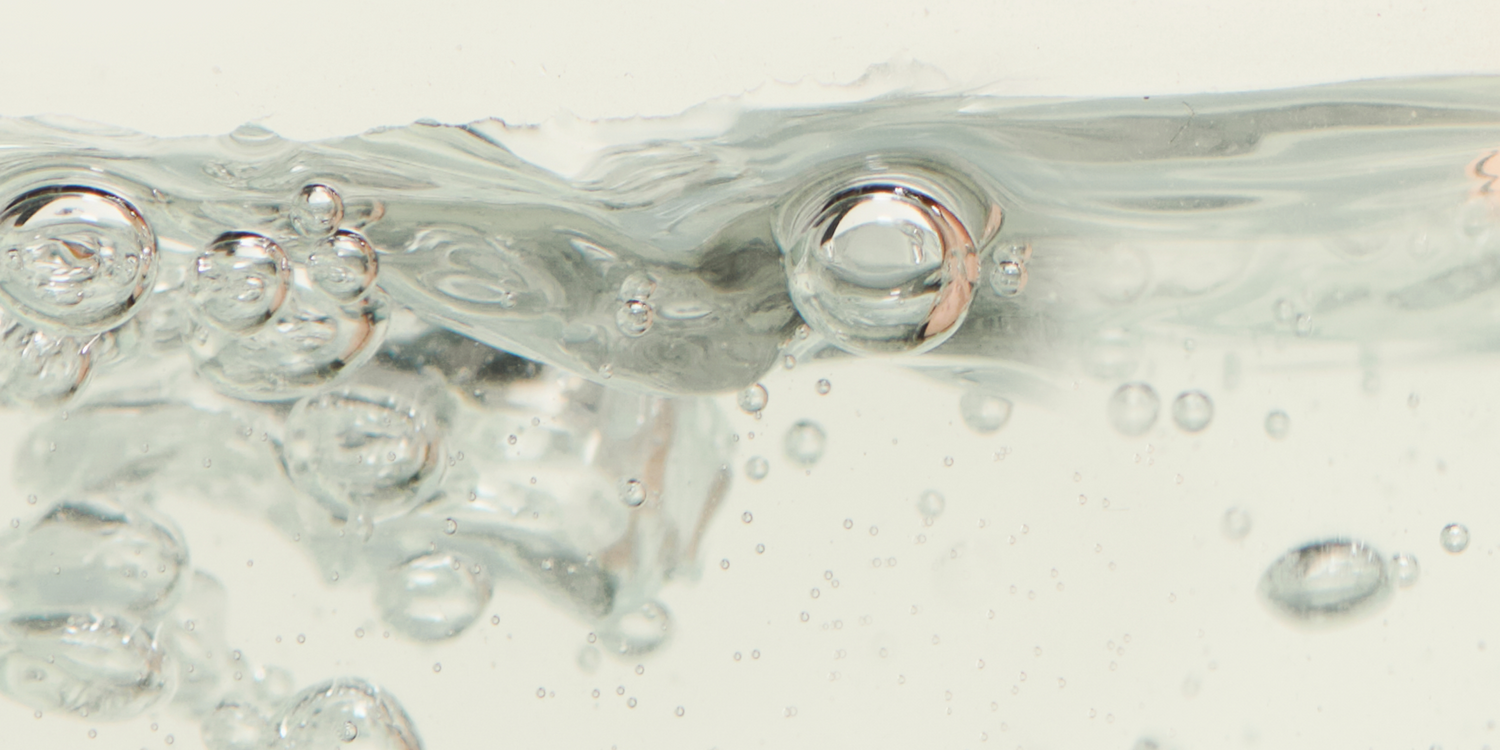
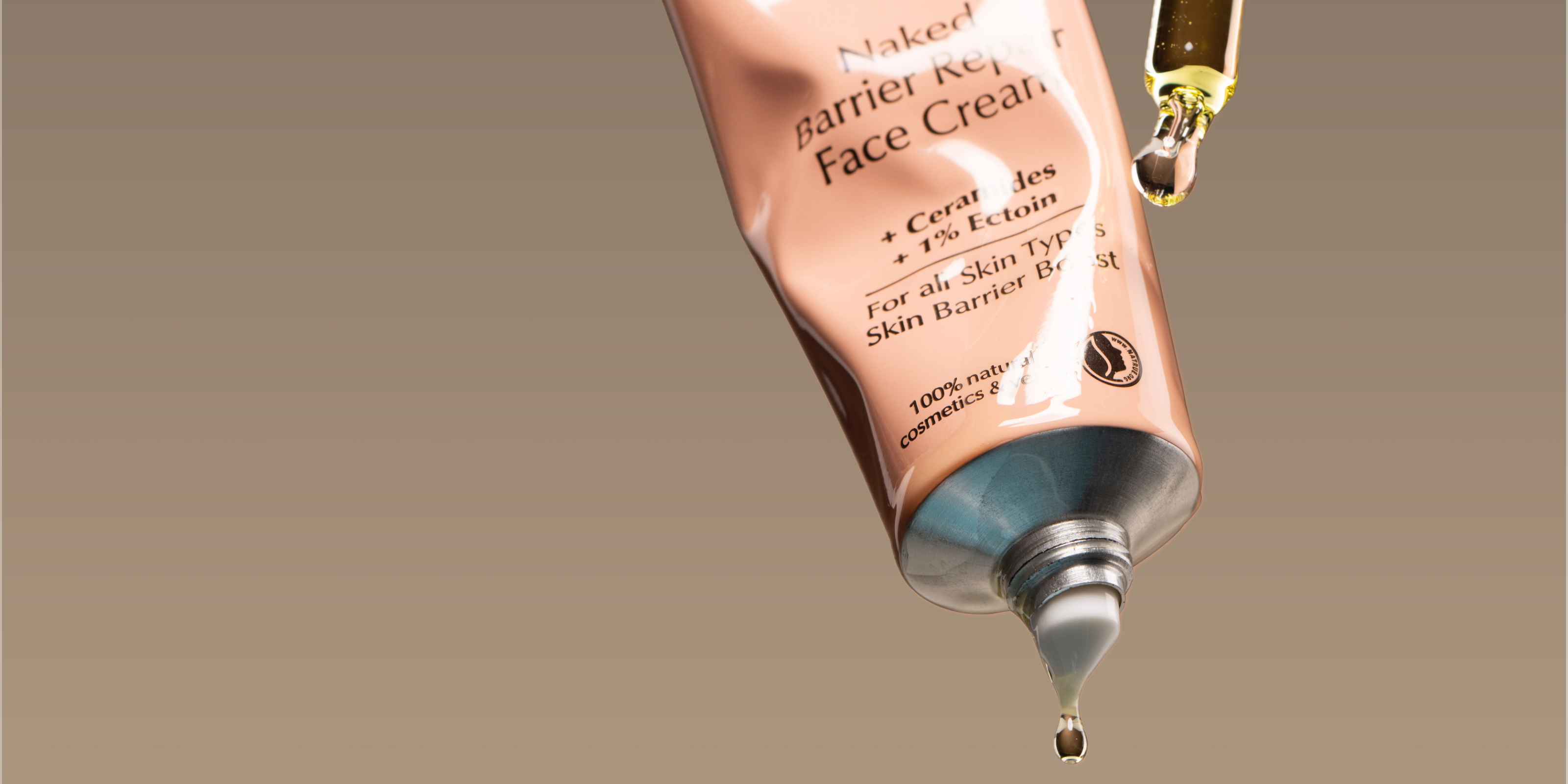

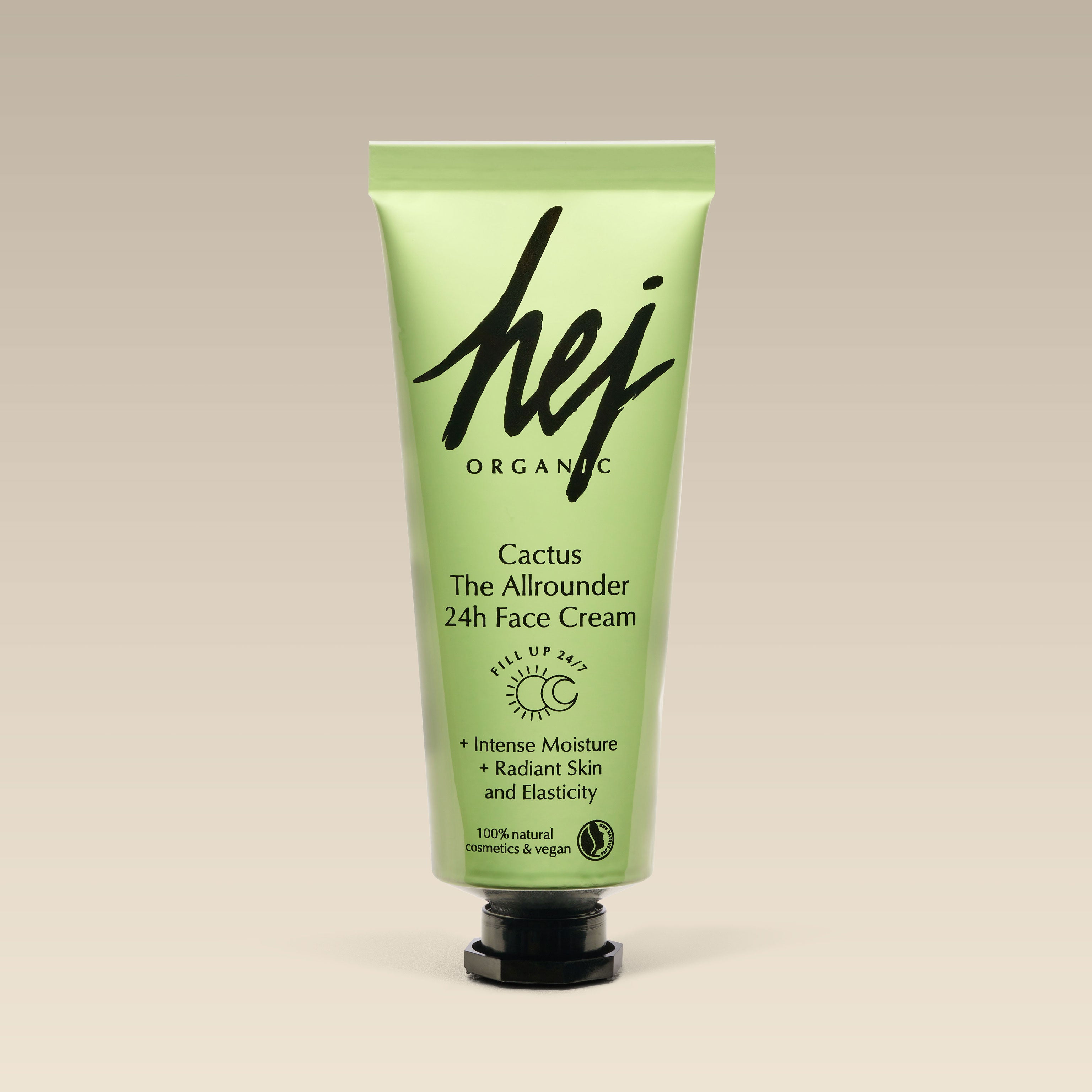
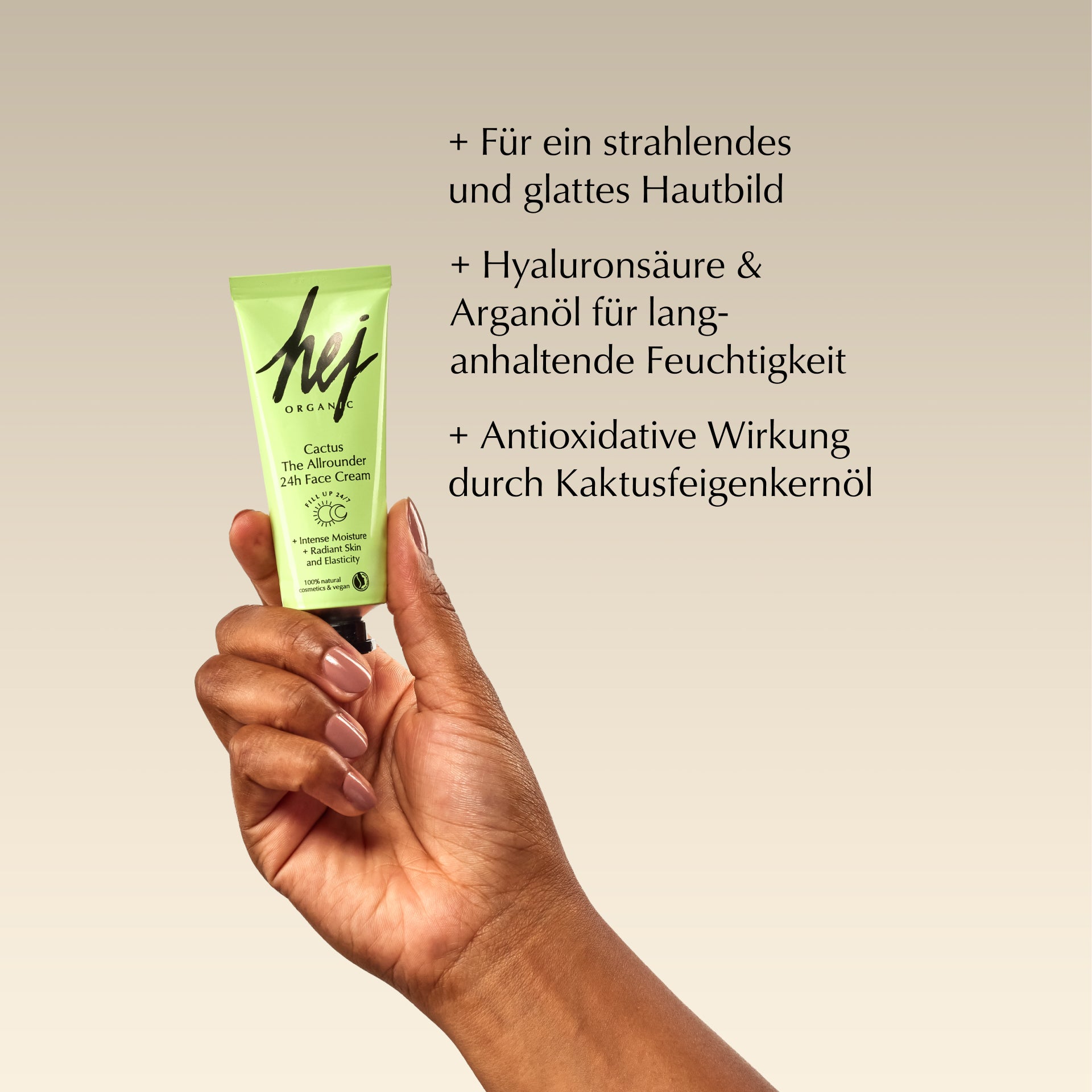
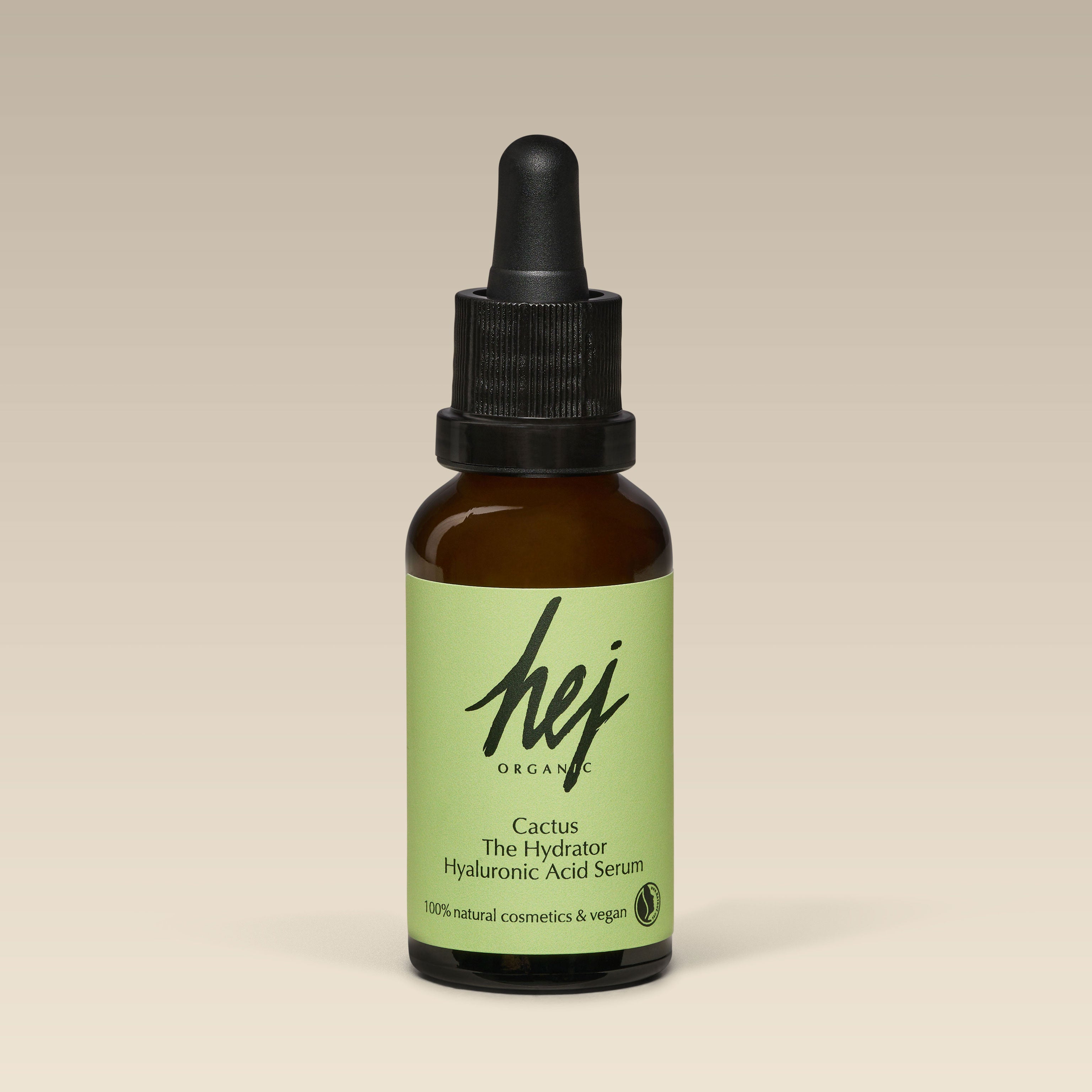
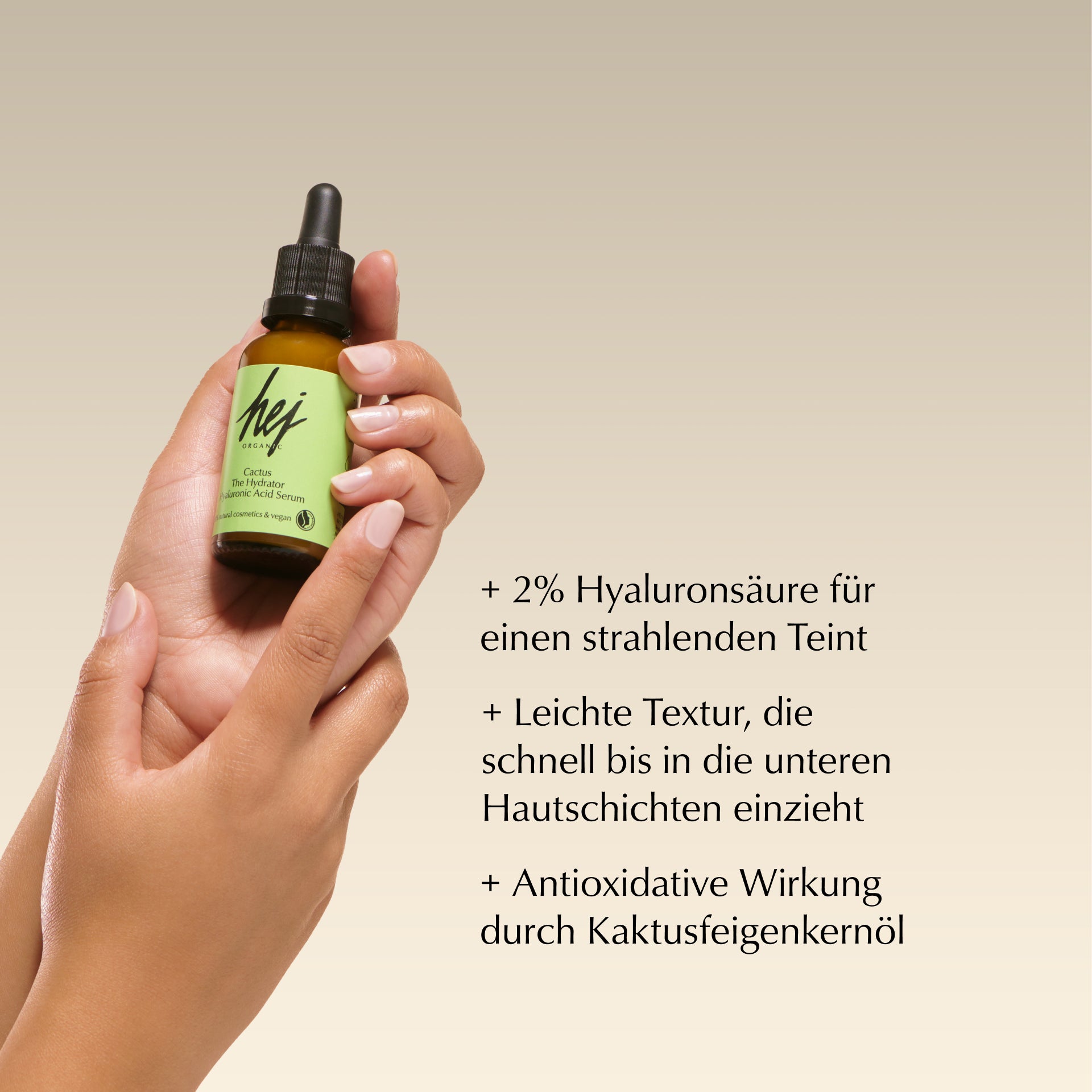
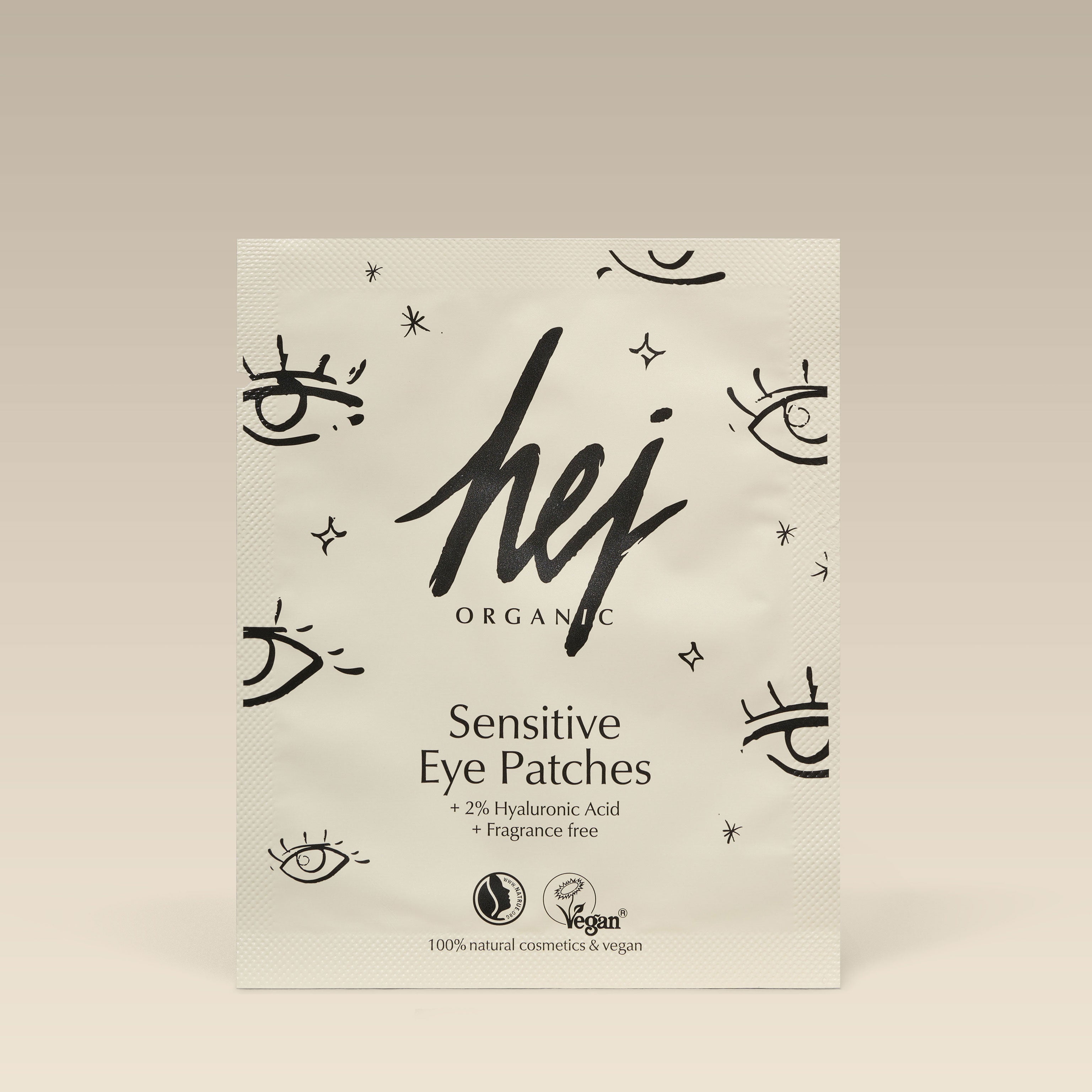

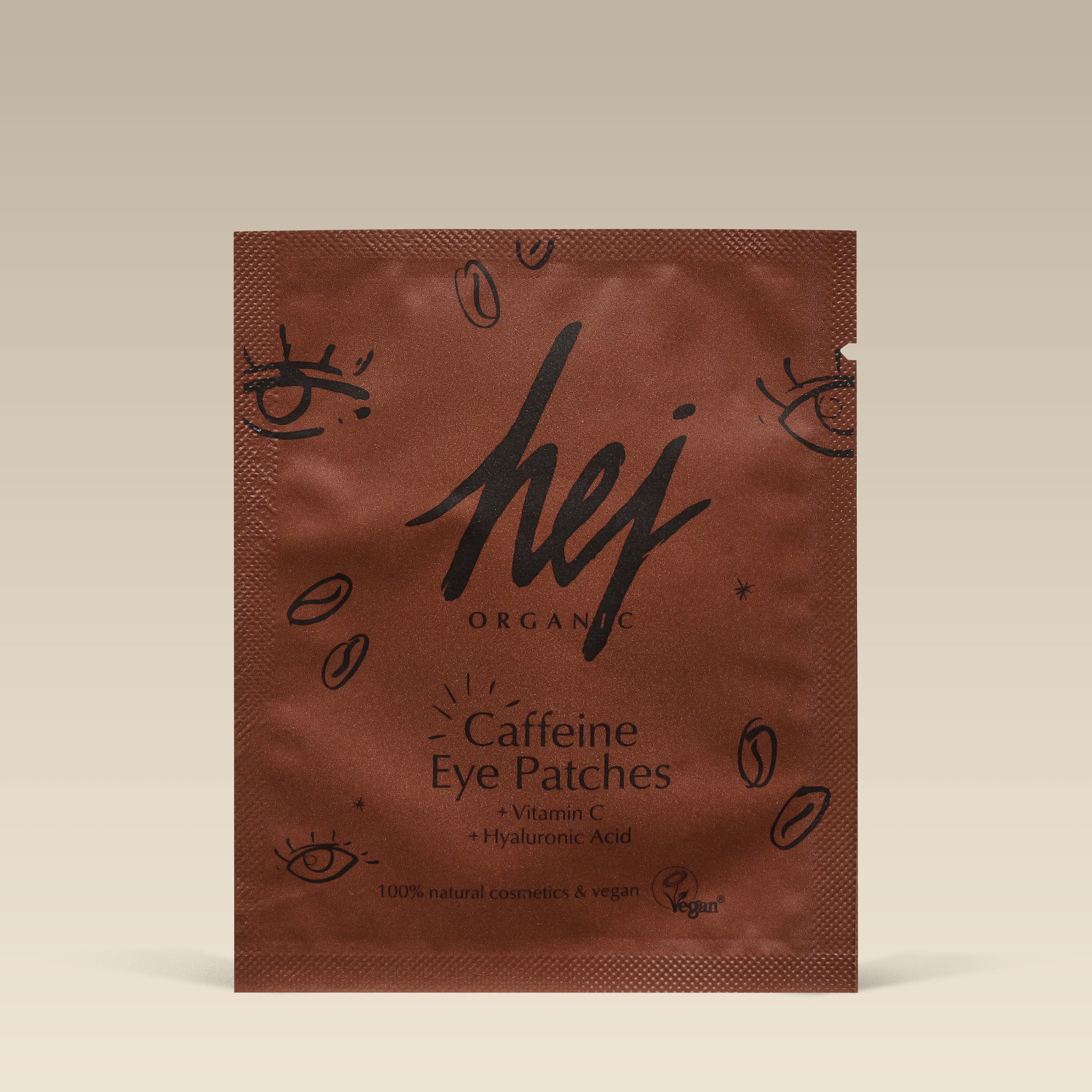
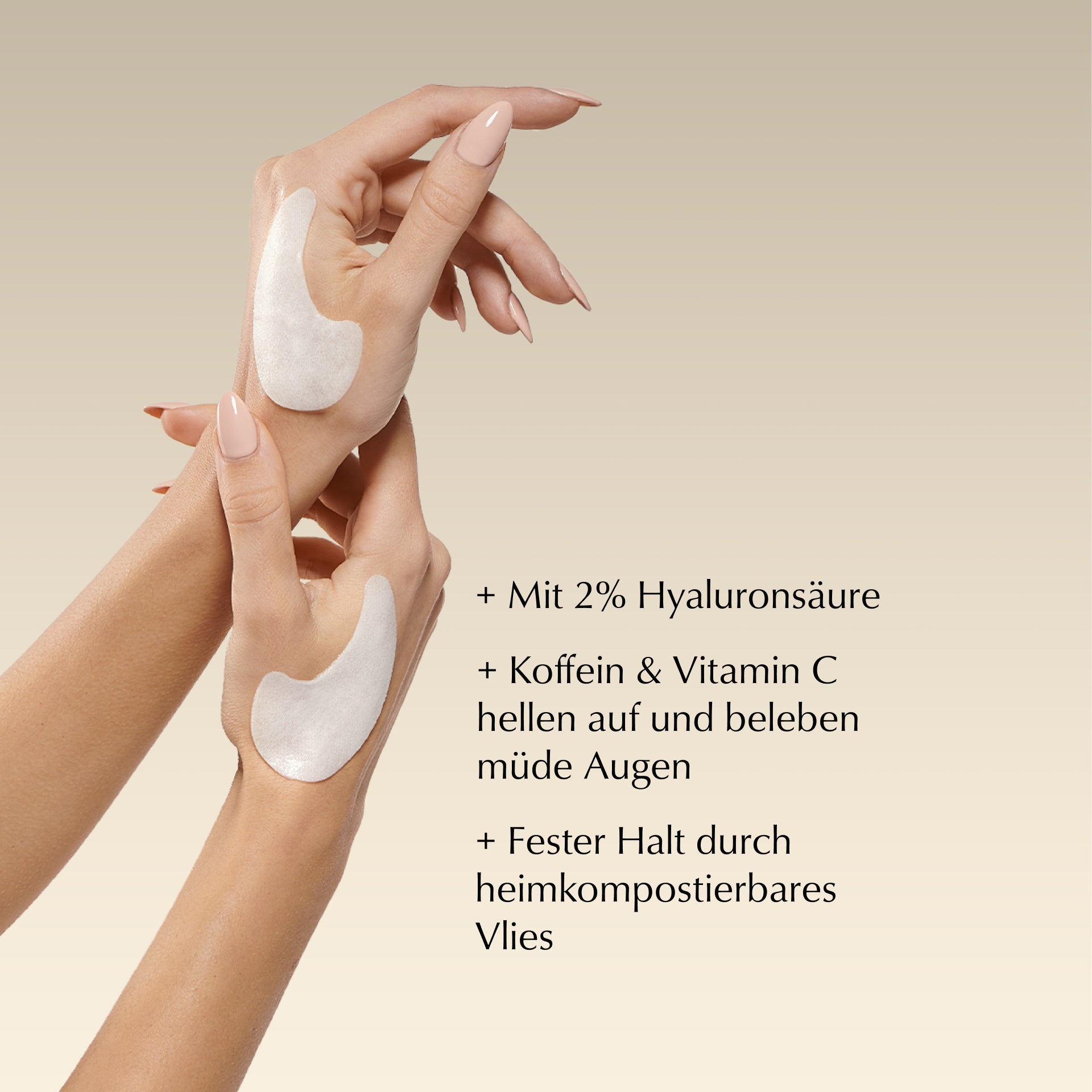
Leave a comment
This site is protected by hCaptcha and the hCaptcha Privacy Policy and Terms of Service apply.